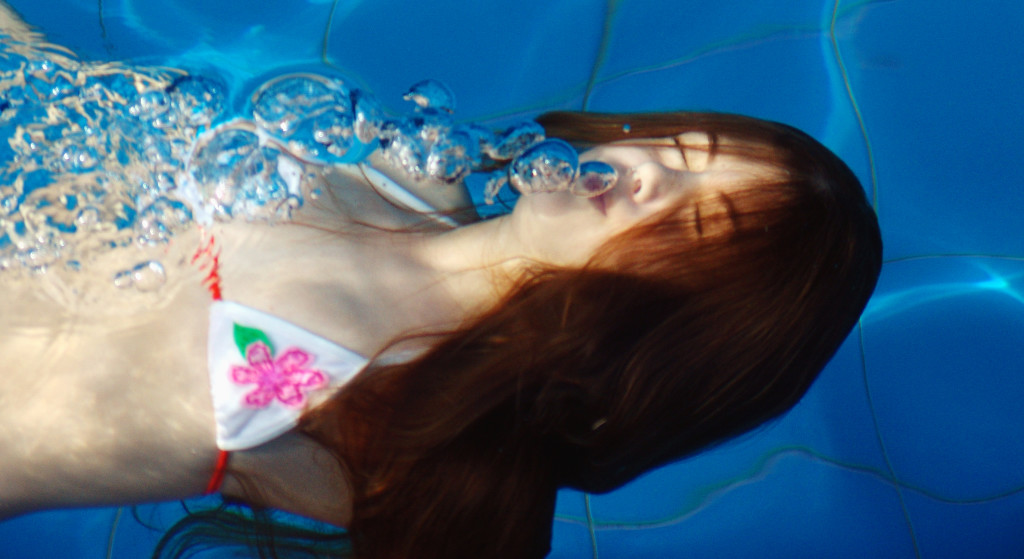Sometimes people who experience a lot of anxiety habitually take rapid, shallow breaths rather than breathing fully and deeply. This type of breathing can lead to uncomfortable symptoms in the body and mind.
Depersonalization Defined
Depersonalization is described as feeling disconnected or detached from one’s body. The person might feel like he or she is “not a person” or feel almost robot-like. It is experienced as an odd feeling. Some

people describe it as being out of their body, in the sense of being hyper-aware of themselves, as if they are observing themselves from outside of themselves, even as they are walking and talking and doing. This feeling is common in those experiencing social phobia.
Derealization Defined
Derealization is described as feeling disconnected from one’s surroundings. People describe it as feeling like they are in a dream. It usually begins with a feeling that things somehow look different. People often experience this as a real or perceived change in lighting in the room. Fluorescent lighting like in large department stores often triggers this. The lighting doesn’t cause this symptom, however. Shallow breathing associated with anxiety causes it. The lighting can be just a trigger.
Though these symptoms can accompany more difficult psychological conditions, very often they are simply a sign of an anxiety disorder. Many anxiety disorders can be treated fairly easily with medicine or specific types of therapy – like cognitive-behavioral therapy – and do not have to interfere with a productive, happy life, so proper diagnosis and treatment is important.
Other Symptoms of Shallow Breathing: Numbness, Dizziness, Chest Pain
Other symptoms caused by shallow breathing include feeling like you cannot get enough air no matter how much you breathe; numbness; dizziness; tingling; feeling faint; shaking; feeling of choking or smothering; chest pain.
These symptoms can be frightening because they make you feel like they are either going crazy or are very seriously ill. Any time you experience serious or troubling symptoms you should consult a medical doctor and/or mental health professional for a proper diagnosis and treatment. If an anxiety disorder like panic disorder, or generalized anxiety disorder is diagnosed, treatment options are readily available and the prognosis is often good.
Will Deep Breathing or Relaxation Training Help?
Training in relaxation and deep breathing is not a cure for anxiety disorders, but they are important skills for a healthy life. Since effective mental health treatment is generally available, pursuing it should be the first option. Relaxation and breathing training is included as just one part of an appropriate mental health treatment program.
Learning and practicing these skills can help people in many situations and can contribute to their recovery from anxiety disorders once they do get into treatment. Practices such as yoga, Tai Chi, and meditation promote and teach healthy breathing.
This article is for general information only and is not intended to be personal mental health advice, diagnosis or treatment. People should always consult a medical or mental health practitioner if they are experiencing troubling symptoms.
©Lisa C. DeLuca, all rights reserved. It is a violation of copyright law to reproduce this work on the web or for profit without written permission from the author. This article was originally published on the web in 2008. Please contact the author for permission.
